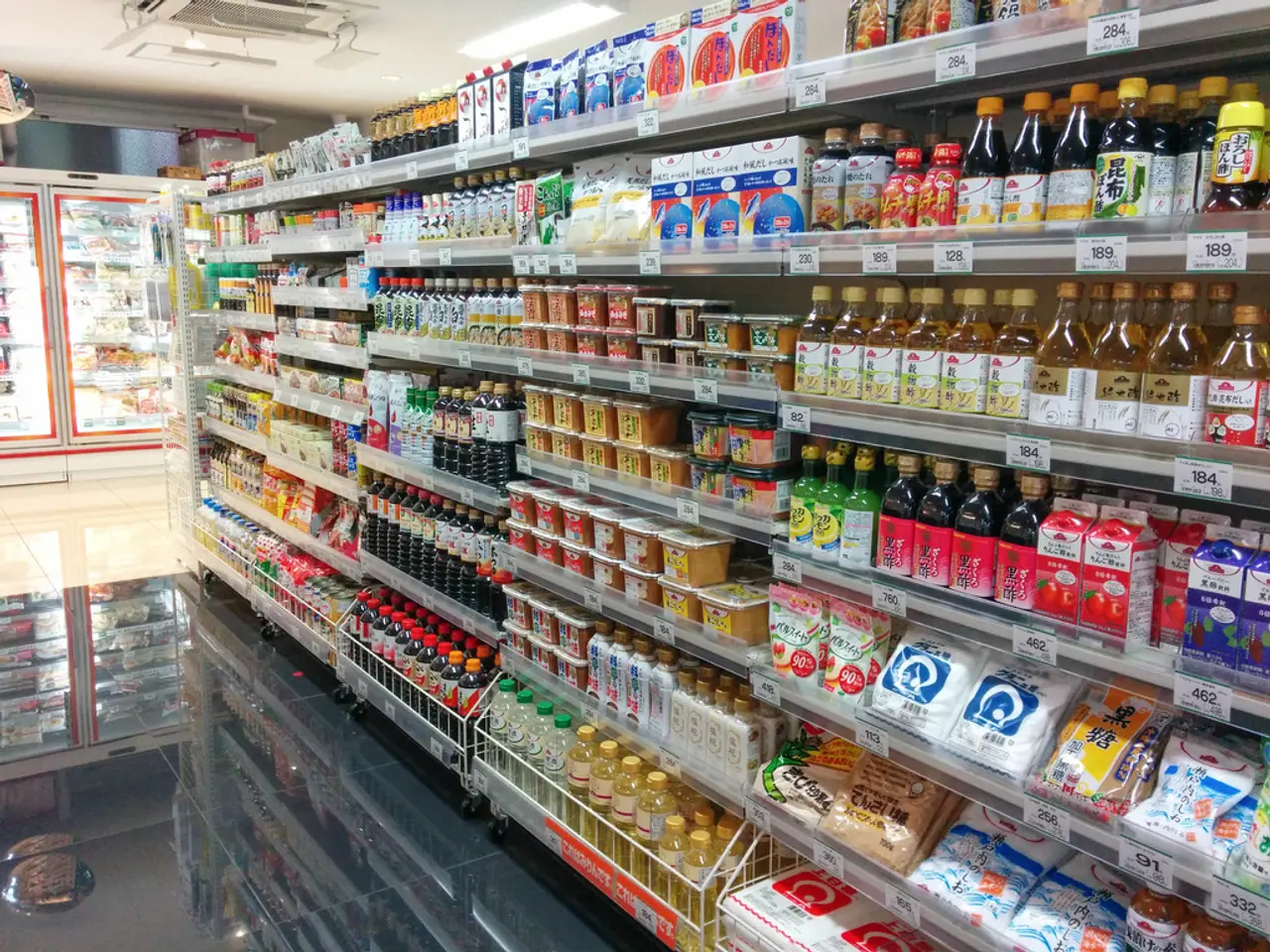Top Notch Textile Shares to Invest in by 2025
In recent years, the global textiles market has experienced significant shifts due to altering consumer spending patterns, inflation, and changes in the global supply chain. By mid-2024, U.S. textile and apparel imports plunged 3.6% to $49.4 billion from $51.2 billion in the previous year. Despite this dip, the global apparel market reached an estimated $1.79 trillion in 2024, with the U.S. accounting for 20% of the share.
Fashion e-commerce spending in the U.S. is projected to grow at a nearly 9% compound annual growth rate (CAGR) between 2024 and 2030, while the global textile market was valued at close to $2 trillion in 2024, anticipating surpassing $3 trillion by 2030. The major driving forces behind the growth of the textile industry include the demand for apparel and the astronomical expansion of the global e-commerce market, even amidst changes in consumer spending habits.
For long-term investors eager to capitalize on these trends and looking to invest in textile stocks, consider the following top-performing companies:
Best Textile Stocks to Invest in 2025
Several textile companies specialize in processing raw textiles for clothing and accessories; others create innovative textiles and clothing through their expertise and forge direct relationships with consumers via direct-to-consumer (DTC) sales. This strategy offers a competitive advantage over relying on third-party distributors for sales.
1. Lululemon Athletica
Canadian company Lululemon Athletica, specializing in athletic-inspired attire, popularized the athleisure trend. Known for comfortable workout clothes, Lululemon has evolved into a high-fashion brand. Approximately 40% of the company's revenue comes from DTC online sales.
Lululemon boasts a loyal customer base that it nurtures through digital channels like its website and social media. This marketing approach benefits from the company's initial focus on women's clothing but now also provides full lines for men and children. Lululemon is highly profitable and generates ample free cash flow, with an asset-light business model that outsources manufacturing to partners.
2. Canada Goose
Manufacturing luxury parkas and knitwear, Toronto-based Canada Goose has grown into a globally recognized brand, making adventure-inspired apparel. While etching its name in extreme weather gear, Canada Goose brings in 40% of its sales through DTC channels. In its 2024 fiscal year, revenue increased 10% to $1.3 billion, with DTC sales expanding 18%.
Out of the company's $950.7 million in DTC sales, it reported a net income of $58 million in its 2024 fiscal year. Canada Goose regularly makes share repurchases to return excess cash to shareholders and rapidly expands into international markets. For those advocating for ethical investments, it's worth noting Canada Goose ended animal fur purchasing by the end of 2022.
3. Levi Strauss
As an iconic American brand with roots dating back to California's Gold Rush over 150 years ago, Levi Strauss has transitioned to an online-focused model. This shift has seen 44% of the company's revenue derived from digital channels, including its e-commerce operations and partners.
In the first nine months of 2024, Levi Strauss reported $4.5 billion in net revenue, while net income plunged 77% year-over-year to $28 million, with adjusted net income rising 15%. The brand pays a small quarterly dividend, making it an attractive option for income-oriented investors.
In conclusion, the textile industry is undergoing significant shifts due to the impact of e-commerce, changing consumer spending behaviors, and the growing popularity of athletic wear. Investors can capitalize on these trends by considering the best textile stocks, including Lululemon Athletica, Canada Goose, and Levi Strauss, as part of a diversified portfolio.
In the context of the textile industry's transformation, prospective investors seeking to capitalize on these trends might consider allocating funds towards textile stocks that leverage e-commerce, such as Lululemon Athletica. Known for its athleisure offerings and 40% DTC online sales, Lululemon has demonstrated high profitability and a loyal customer base.
Furthermore, long-term investors looking for ethical investment opportunities might be interested in Canada Goose, a luxury brand that has transitioned a significant portion of its sales to direct-to-consumer channels and has committed to ending animal fur purchasing by the end of 2022. Canada Goose has also been expanding its international presence and returning excess cash to shareholders through share repurchases.







